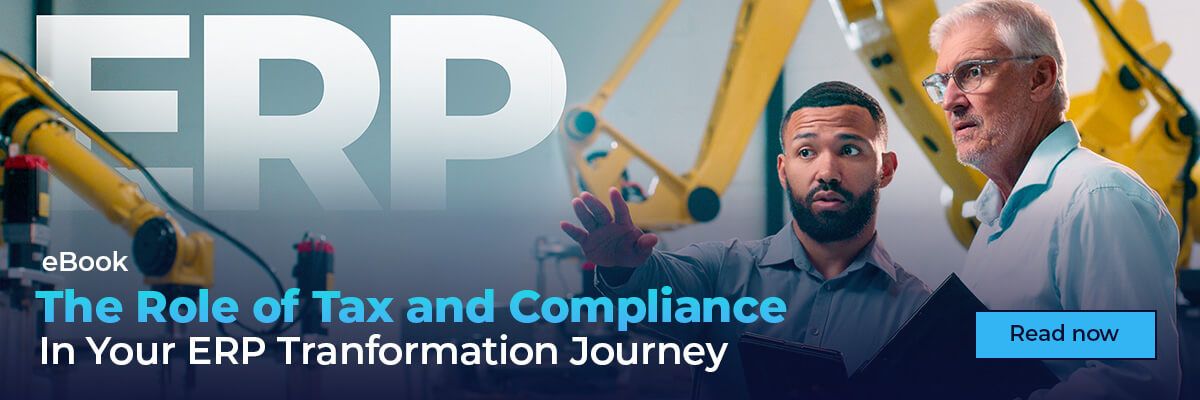This blog was last updated on January 10, 2025
In the first blog in our series, we introduced SAP Clean Core concept and how much is being made about its impact on business, specifically the ability to customize an ERP to meet operational needs.
For part two, I’d like to address how businesses can use the SAP Clean Core principles to create a system that better supports their business objectives and positively impacts their tax and compliance management.
Why Clean Core is Becoming a Business Priority
In an article in Forbes last year entitled, SAP: Why Modern Software Needs A ‘Clean Core,’ the author makes the argument, correctly so in my opinion, that the old way of adding functionality by customizing the core has often become overly complex, cumbersome and costly. He explains how a new model was developed that decouples two components: one focused on predictability and the other on exploration. This evolution model is known as ‘bimodal IT.’
Now, bimodal IT is not a new term. According to TechTarget it was coined by Gartner back in 2014 and was the subject of a Gartner report in April of 2015 entitled, “How to Achieve Enterprise Agility with a Bimodal Capability,” by analysts Simon Mingay and Mary Mesaglio.
So, why the history lesson on the subject matter? I think it’s important to establish the fact that over-customization of technology platforms is not a new concern. It has been around for a while, but what has changed is the environment surrounding it.
Today, digital economies are moving at a pace where traditional methods and countermeasures are no longer effective. Today’s environments demand more structure, standardization and flexibility so that they can react fast when called upon.
Why Agility is Essential
Over the last decade, we have seen an explosion across core areas of the technology sector that makes agility critical. Whether it is preparing for cyberattacks, or the ability to quickly analyze data to take advantage of business opportunities, agility is an essential tool in your arsenal and old methods simply aren’t cutting it.
Today’s digital economies are demanding the rapid adoption of new technologies. A crucial step in keeping up with these changes is to adopt agile business-critical connected technologies that aligns with the principles of SAP Clean Core.
Adopting a global compliance solution that aligns with Clean Core principles will become critical to ensure you can keep up with the pace of digitization as it continues to evolve.
Clean Core’s Impact on Tax and Compliance
There is perhaps no other business segment that has felt the impact of technology on a global scale more than the area of tax and compliance. Heavy investment by government tax authorities over the past decade has completely changed the process of collecting and remitting tax obligations.
In an effort to close or eliminate tax gaps, gone or soon to be gone are the days of collecting and analyzing tax data and remitting after the fact. Today, it’s all about real-time analysis across the complete spectrum of the transaction. This requires the use of automated tax platforms that can quickly adapt to changing regulatory environments, ensuring compliance across every transaction.
Through applying the principals of Clean Core businesses can now attach dedicated and highly functional compliance platforms into their technology stacks without the need to customize their core SAP environment. This eliminates the need for long testing cycles, customization and many of the manual process updates that would otherwise be required.
Coming Next
Stay tuned for the next part in this series, where we will dive deeper into how Clean Core impacts specific tax processes. Upcoming segments will cover:
Part III: Your business’ path to Clean Core
Part IV: Clean Core benefits and business performance
Part V: Eliminating Tax’ dependency on IT
